
Developing Employees Who Love to Learn
Tools, Strategies, and Programs for Promoting Learning at Work
Read or listen offline
Amazon KindleRecommendation
Linda Honold describes a system for helping everyone in your company learn to become more creative, responsive, efficient and team-oriented. She describes various techniques, including methods for developing an interest in learning and self-knowledge. Her book covers individual learning tools, mentoring, coaching, group learning and peer learning. She pays particular attention to learning styles, drawing on the system set out by the Myers-Briggs personality test. Honold’s book speaks primarily to corporate managers who are trying to create serendipitous learning systems. Some may find the book dry and overly concerned with the details of systematizing supposedly informal learning, but getAbstract recommends it to HR practitioners and to knowledge management professionals who will find it productive. They will gain a lot from this theoretical – and practical – look at how people in companies actually learn.
Summary
About the Author
Linda Honold, Ph.D., president and founder of Empowerment Systems, is a human resource development and organization consultant focusing on employee learning and organizational transformation.







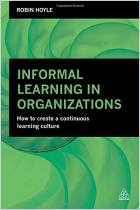
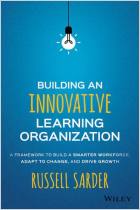
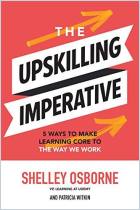
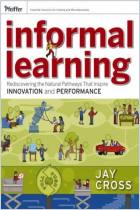
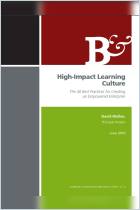
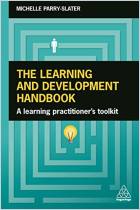



Comment on this summary or Начать обсуждение